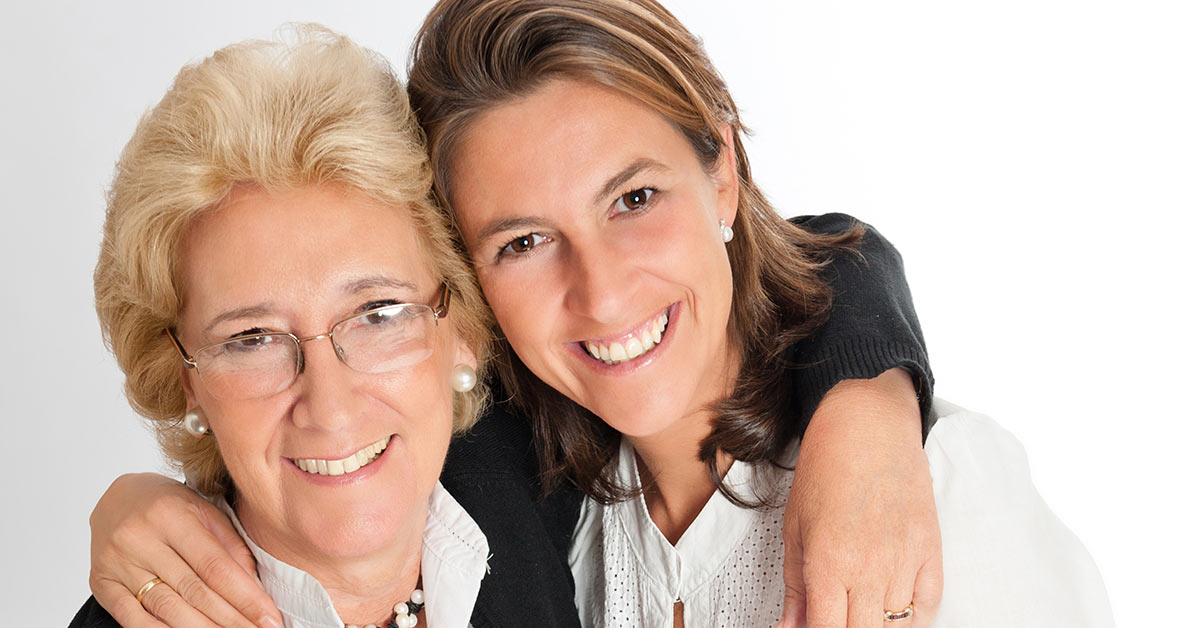According to the Family Caregiver Alliance, “An estimated 66% of caregivers are female.” Additionally, “The average caregiver is a 49-year-old woman who works outside the home and provides 20 hours per week of unpaid care to her mother.”
A Princeton study also showed that daughters are more than twice as likely as sons to care for ailing parents. So, for women out there with brothers, it might be time to start giving them the side eye – or to talk to them about their future plans, anyway.
Being a caregiver could also mean caring for a sick spouse or another family member rather than your parents. And since women are so often the ones who end up providing care to their loved ones, it’s definitely time for women to give some critical thought to the best ways to handle this task. This includes being prepared to help not only physically and emotionally, but financially too.
Below are a few steps to help you do just that.
Encourage Your Family Members to Plan
It can be difficult to talk to loved ones about unpleasant topics like end-of-life planning. However, it’s absolutely necessary.
Make sure your parents, spouse and other loved ones have clear directives on how they want their estate handled. This might include creating a will, setting up a trust or enrolling in insurance policies, like long-term care insurance, that can help lift the financial burden from their children.
PLEASE NOTE: The information being provided is strictly as a courtesy. When you access this link you are leaving our website and assume total responsibility for your use of the website you are linking to. We make no representation as to the completeness or accuracy of information provided at this website. Nor is the company liable for any direct or indirect technical or system issues or any consequences arising out of your access to or your use of third-party technologies, websites, information and programs made available through this website.

